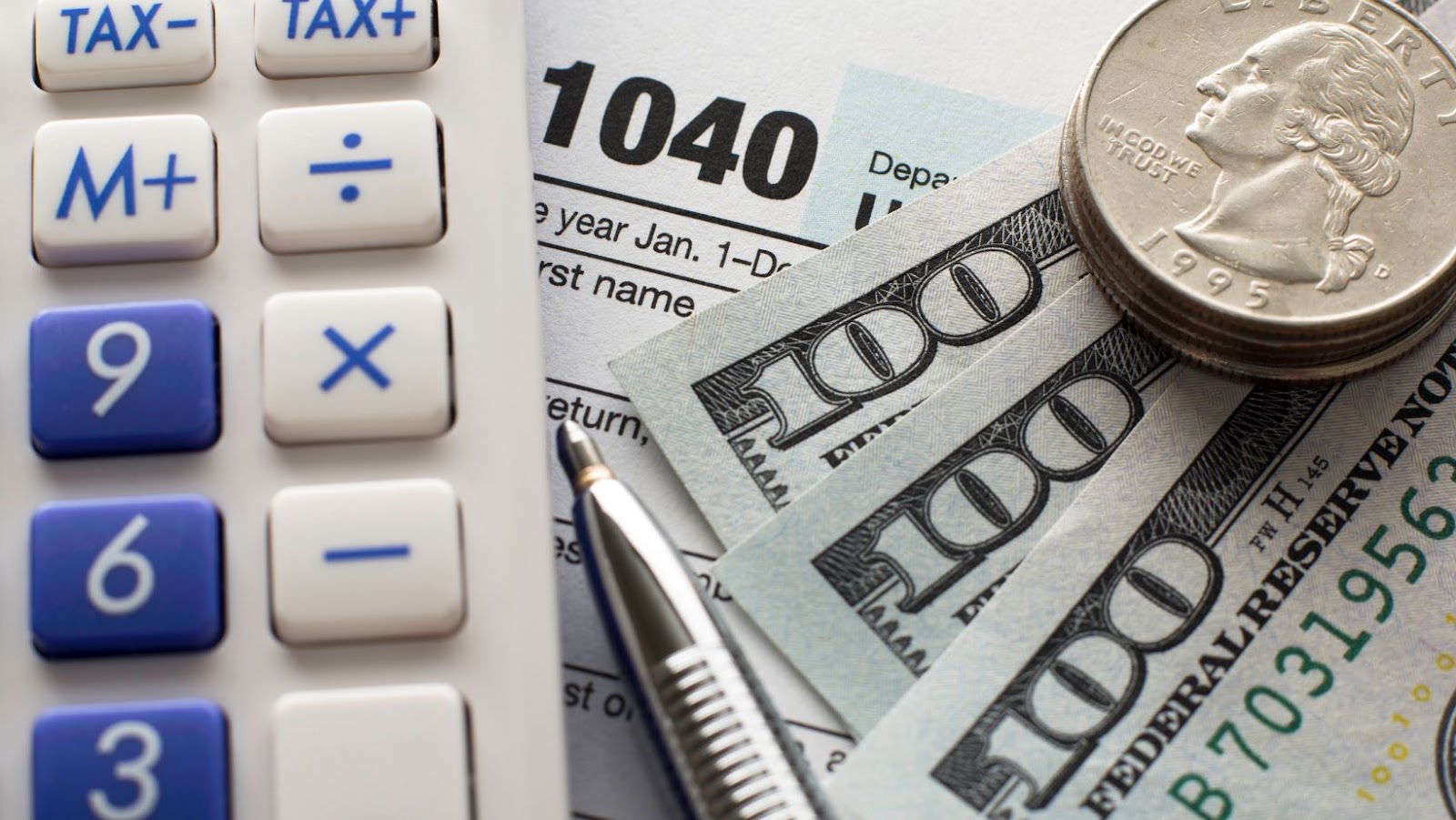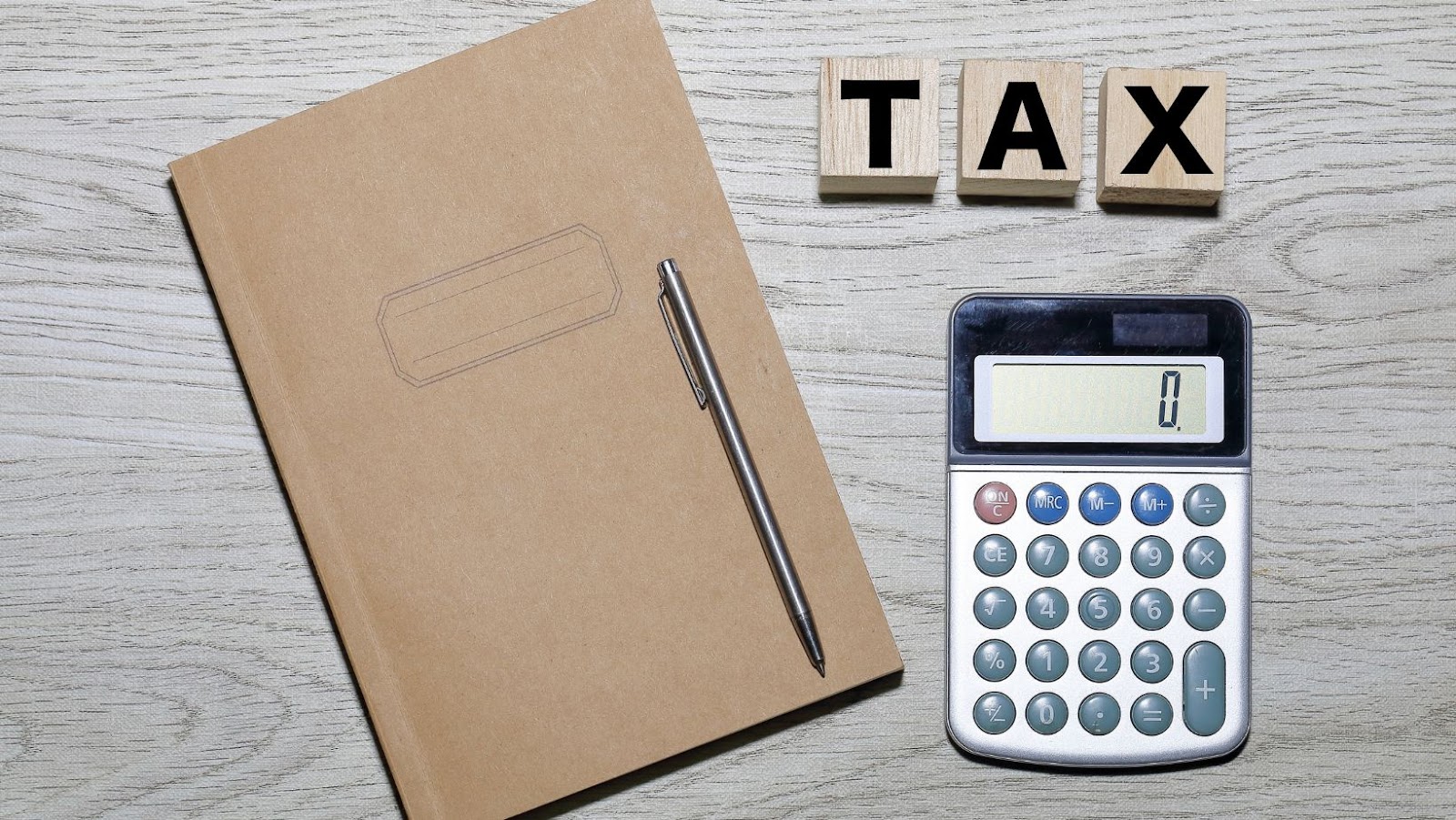
When buying or selling a property, there are a lot of expenses that need to be settled at closing. One of these expenses is property taxes. It’s a common question among buyers and sellers to ask who pays property taxes at closing.
In general, property taxes are paid by the homeowner. However, when a property is sold, both the buyer and seller have a role in settling the property taxes. Depending on the terms agreed upon in the contract, the buyer, the seller, or both may be responsible for paying the taxes at closing.
Understanding Property Taxes at Closing
When purchasing a property, it’s important to consider the additional costs besides the sale price. Property taxes are often one of these costs, and they can be a significant expense. As a homebuyer, it’s crucial to understand who pays property taxes at closing.
Typically, property taxes are prorated between the buyer and the seller at closing. This means that both parties will pay a portion of the taxes based on the number of days each owned the property during the tax period. For example, if the seller has already paid property taxes for the entire year, but the buyer purchases the property halfway through the year, the seller will receive a credit at closing for the period they did not own the property, and the buyer will be responsible for paying property taxes for the remaining period.
It’s important to note that property taxes can vary depending on the location and assessed value of the property. The local tax assessor’s office determines property taxes annually, and they can change from year to year. Therefore, it’s crucial to understand how property taxes are calculated in the area where the property is located and to have an estimate of how much they will be when budgeting for the purchase.
Who Pays Property Taxes At Closing
Buyers should also be aware of the possibility of taxes being prorated at closing. While this typically results in the buyer paying less upfront, they will be responsible for paying a portion of the property taxes for the year. It’s essential to consider these ongoing costs and make sure they fit within the overall budget for the property purchase.
In conclusion, it’s essential to understand who pays property taxes at closing when purchasing a property. Typically, property taxes are prorated between the buyer and the seller, based on the number of days each owned the property during the tax period. As a buyer, it’s critical to consider the ongoing costs associated with property taxes and budget accordingly.

As a buyer or seller in a real estate transaction, it’s important to understand who pays property taxes at closing. Generally, the property tax responsibility falls on the homeowner, but there are certain situations where the responsibility may shift.
In most cases, property taxes are paid semi-annually or annually, and the tax bill covers the prior six months or year. When a property is sold, the taxes are usually prorated from the beginning of the tax period to the closing date.
This means that the seller will be responsible for the taxes up until the sale, while the buyer will take responsibility for the taxes from the sale date onwards.
It’s important to note that in some cases, the buyer may request that the seller pay a portion of the property taxes at closing, such as when the property taxes are particularly high. In this situation, the buyer and seller will need to come to an agreement on the amount to be paid.
Additionally, if there are any delinquent property taxes owed at the time of closing, it will generally be the responsibility of the seller to pay them before the sale can be completed. If the seller is unable to pay the delinquent taxes, the buyer may add them to the closing costs or negotiate with the seller to have them paid out of the sales proceeds.
In summary, the responsibility for property taxes at closing usually falls on the buyer, but the exact amount and payment responsibilities can vary depending on the specifics of the transaction. It’s important for both buyers and sellers to carefully evaluate the closing documents and work with their real estate agent or attorney to fully understand their obligations regarding property taxes.
Common Misconceptions and FAQs
When it comes to buying or selling a property, there are often many questions and misconceptions about who pays property taxes at closing. Here are some common misconceptions and frequently asked questions about this topic:
The Seller Always Pays Property Taxes at Closing
One common misconception is that the seller is always responsible for paying property taxes at closing. However, this is not always the case. In some situations, the buyer may be responsible for paying a prorated amount of the property taxes for the remainder of the year.

It’s important to consult with a real estate attorney or a qualified real estate agent to understand who will be responsible for paying property taxes at closing in your specific situation.
Property Taxes Are Always Paid in Full at Closing
Another misconception is that property taxes are always paid in full at closing. However, this is not necessarily true. In some cases, property taxes may be prorated between the buyer and seller based on the closing date. For example, if the closing date is halfway through the year, the buyer may be responsible for paying half of the property taxes for the year.
How Are Property Taxes Calculated at Closing
Property taxes are typically calculated based on the assessed value of the property and the tax rate in the local area. The amount of property taxes due at closing will depend on the closing date and how the taxes are prorated between the buyer and seller.
Can Property Taxes be Negotiated at Closing
While property taxes are typically not negotiable, it’s important to work with a qualified real estate agent or attorney to understand your options and any potential tax liabilities before closing on a property.
Overall, understanding who pays property taxes at closing can be a complex issue. By working with a knowledgeable real estate professional and doing your research, you can ensure that you are fully informed about your tax responsibilities and avoid any surprises at closing.
